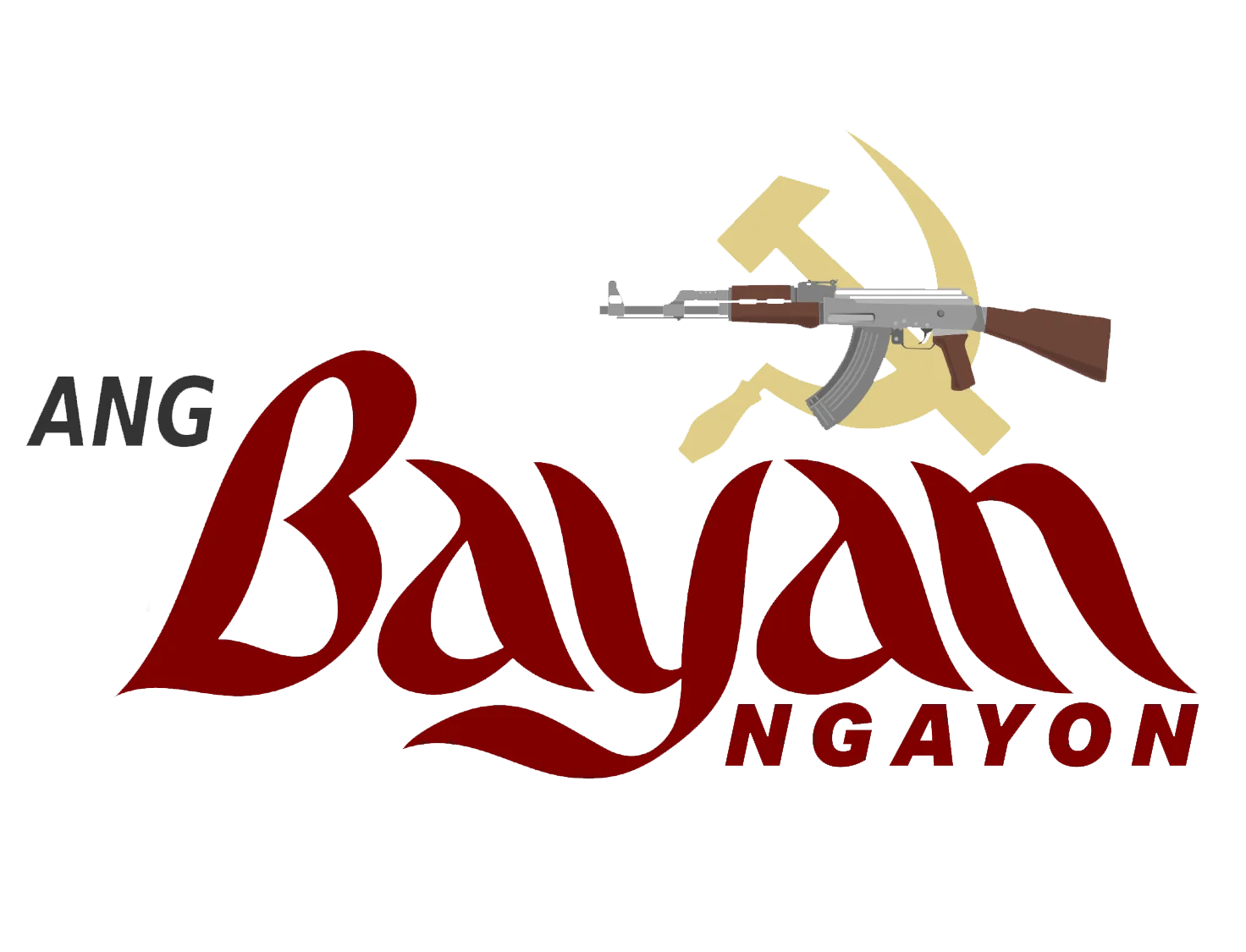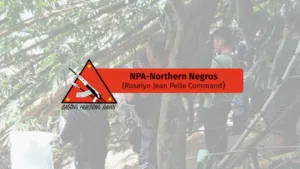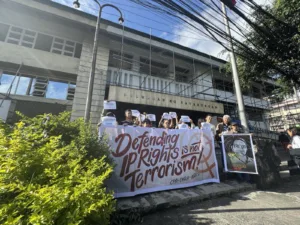During the Mindanao-wide Peace Conference held on June 24 in Cagayan De Oro City, various sectors, including the Lumad, gathered to support the peace process that would address the injustice at the root of the armed struggle in the country.
Among the attendees was Manobo leader and former political prisoner Julieta Gomez. She is a member of the Kahugpungan sa mga Lumadnong Organisasyon sa Caraga and of the Council of Katribu Kalipunan ng Katutubong Mamamayan ng Pilipinas.
She stated that the peace talks between the Government of the Republic of the Philippines (GRP) and the National Democratic Front of the Philippines (NDFP) should be based on justice. “Our support for the call to continue genuine peace talks is clear. But this must not be a mere token gesture that fails to address the roots of the conflict,” Gomez explained.
At the conference, participants revisited important agreements established at the course of the peace talks, such as the GRP and NDFP Joint Statement on November 23, 2023 in Oslo, Norway, which recognizes the deep economic, social, and political grievances of the people.
Despite the positive start, the US-Marcos regime has remained silent on the Oslo agreement and instead intensified its counter-insurgency strategy under the NTF-ELCAC.
The GRP’s sincerity in the peace talks becomes doubtful because, while it claims to want to return to negotiations, it arrests NDFP personnel involved in the peace process.
“Illegal arrests continue, including the case of NDFP consultant and Indigenous leader Simon Naogsan, continuing detention of NDFP consultants Loida Magpatoc, and enforced disappearances of James Jazmines, brother of an NDFP peace consultant,” according to Katribu.
The conference is the third in a series of regional “listening summits” by the Council of Leaders for Peace Initiatives (CLPI), following similar gatherings in Luzon and Visayas. The CLPI emphasized Mindanao’s unique position in the peace process. Its complex history of armed struggle, the fight for ancestral land, and the ongoing transition under the Bangsamoro Autonomous Region in Muslim Mindanao, can provide many lessons from the island’s experience regarding peace talks.
Participants at the conference reiterated their support for the Comprehensive Agreement on Social and Economic Reforms (CASER), which was developed through consultations with the people, including the Lumad and Moro communities.
In one session, Gomez explained that the struggle for ancestral land, accessible education, expulsion of the military from communities, and genuine rights to self-determination are issues that must be discussed and agreed upon as part of a long-term solution to the armed struggle.
The CLPI and Katribu reiterated calls for the resumption of peace talks between the GRP and NDFP, based on previous agreements and frameworks.
The CLPI emphasized that the peace process is not based on surrender or defeat, but on addressing the structural issues that give rise to conflict, such as landlessness, exploitation, and the history of oppression against indigenous peoples.













